{{phone.Value}}
successful admissions
of students enter the university of their choice
students consult Education Index when applying for universites
successful admissions
of students enter the university of their choice
students consult Education Index when applying for universites
| Study mode | Start date | Duration | Fee international | Fee UK/ EU | Fee study period | Year of study |
|---|---|---|---|---|---|---|
| Full-time | Sep | years: 1 | £14800 | £7300 | Whole course | 2017 - 2018 |
Intercultural communication is crucial to comprehending the world today and participating in the world of tomorrow. Globalisation has broken down barriers of time and space but it has not removed linguistic and cultural barriers. Expertise in intercultural communication is a key skill that is of critical value in a whole range of professions that operate on a global scale. This programme will open doors into multiple roles where expert intercultural communicators are needed in multinational and international private sector companies, as well as in a host of public sector professions.
You will develop a broad-based approach to the study of language and intercultural communication, both as a cultural resource and a cultural practice, and an understanding of how new media and mobile technologies which characterize contemporary global networks are affecting communication.
UEA research into applied translation studies and intercultural communication is ranked fifth in the UK, with 74% of it judged to be world-leading or internationally excellent (REF2014).
You will be taught by leading scholars and enjoy high levels of contact time and individual academic support in a friendly and stimulating environment, with dedicated support available for non-native speakers of English.
"In Other Words" is UEA series of regular talks from visiting professionals and academics addresses translation, intercultural communication, and language and culture-related topics of global, cultural and social significance.You will also benefit from a wealth of talks, screenings and exhibitions across the Faculty of Arts and Humanities. We are affiliated to the prestigious British Centre for Literary Translation.
Students who successfully complete the MA will have developed to a high level their awareness and understanding of global intercultural communication in the context of globalisation. You will have become familiar with different approaches to these issues, and gained the ability to assess these approaches critically and to evaluate their usefulness to their own needs and circumstances.
The programme will provide a suitable foundation for further postgraduate studies at MPhil and PhD level.
You could go on to work, for example,
in translation, interpreting, subtitling and dubbing,
journalism, publishing, teaching, administration for
government organisations, diplomatic services,
marketing, human resources, quality control,
language consultancy, translation and localisation
project management, information services.


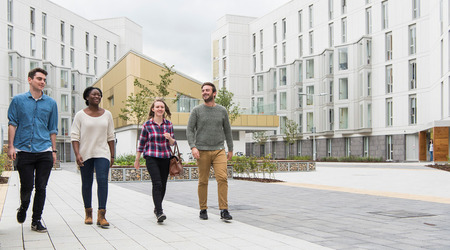
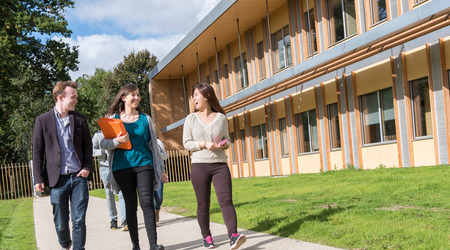
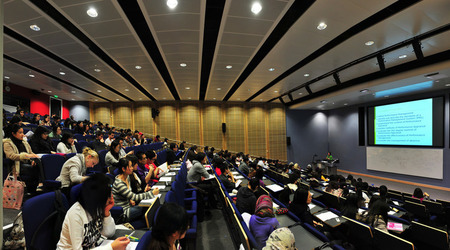
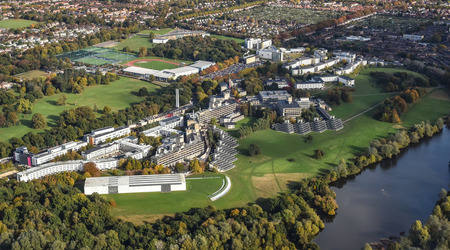
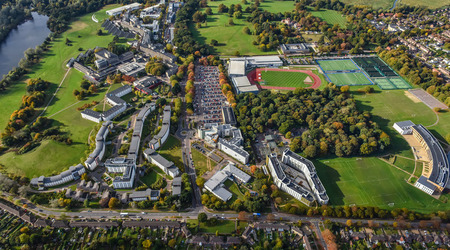

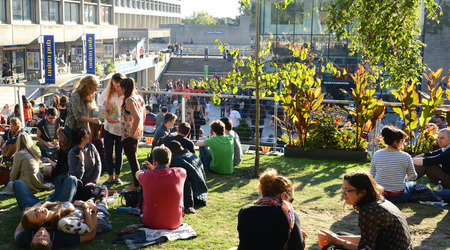
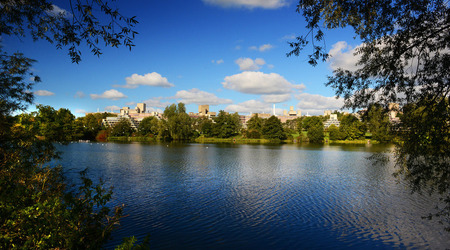

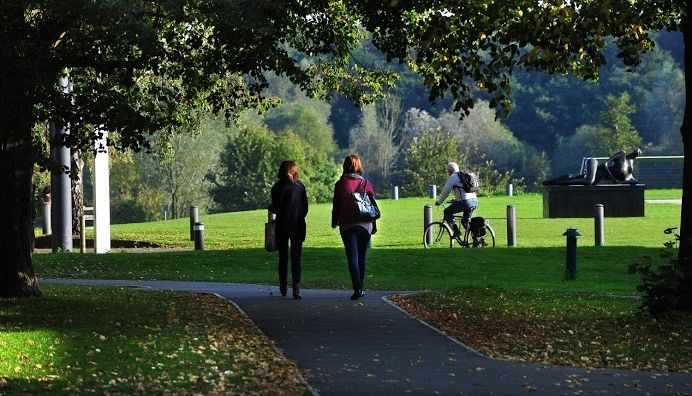
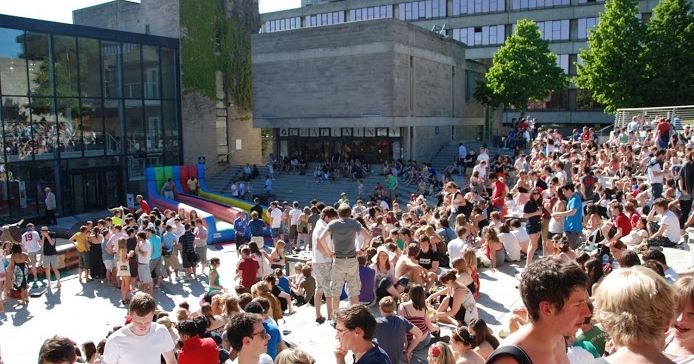
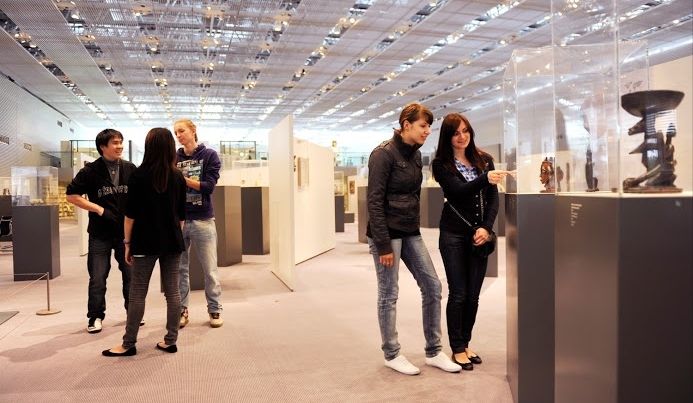
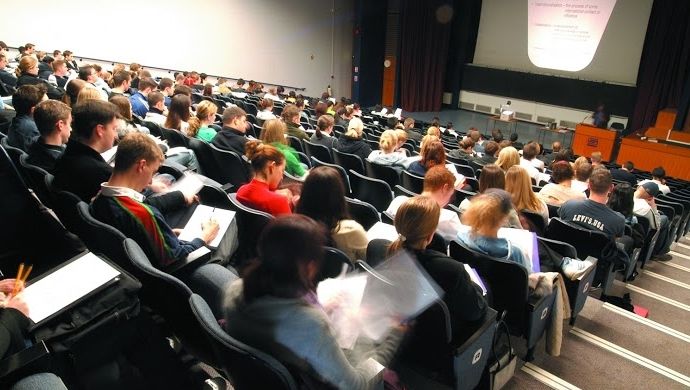
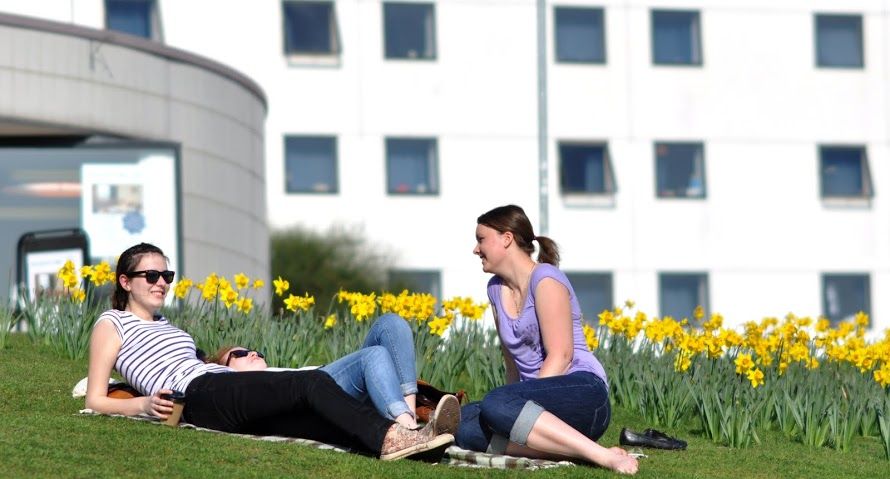
The University of East Anglia is based in the vibrant city of Norwich, located in the east of England. The city is less than two hours by train from London and is a unique blend of historic English architecture and modern design, which creates a dynamic and unforgettable atmosphere.
Norwich is home to eight theatres, five museums, four cinemas, two cathedrals, four music venues and a castle. There are 300 pubs, restaurants and bars,1500 historic buildings as well as modern developments such as The Forum, which is the home of the regional BBC studio and the award-winning Millennium Library.
As a base for exploring Britain, Norwich is just a short journey from Cambridge and other key cities with coaches and trains conveniently connecting you with the rest of the UK. International students are also able to take advantage of Norwich International Airport which is conveniently located 15 minutes from campus.